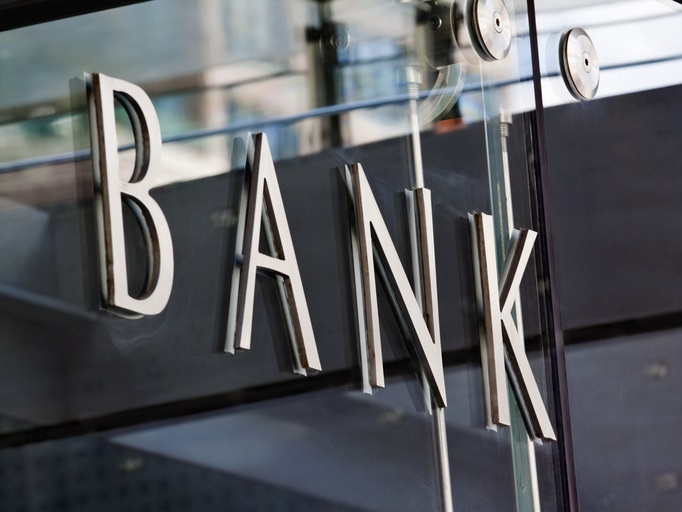UK banks: material risks and recovery value
This expert discusses potential outcomes for Lloyds Bank and co, and which banks he likes best.
22nd September 2020 15:14
by Graeme Evans from interactive investor
This expert discusses potential outcomes for Lloyds Bank and co, and which banks he likes best.

Brexit, negative interest rates, a second wave of Covid-19 and rising unemployment — is it any wonder investors have run a mile from rock-bottom Lloyds Banking Group (LSE:LLOY) and the rest?
The banking sector's continued exiled state is examined today by UBS analyst Jason Napier, who says that you would have to believe in a no-recovery scenario to justify current valuations.
That's partly because the European banking sector entered the Covid-19 pandemic without long-term friends, having failed to recover all the ground lost after the global financial crisis.
Now the industry is faced with an unusually large number of potentially material risks, making it harder than ever to quantify a price at which stocks are attractive whatever happens. The apparently binary nature of many of these issues, such as the Deal or No Deal outcome for Brexit, means investors are more likely to opt to sit on the sidelines.
This is despite the very poor performance for the sector in 2020, with Lloyds shares starting today at just 24p compared with an already disappointing 60p at the turn of the year.
- Bankers Investment Trust: dividends, bank shares and themes
- Take control of your retirement planning with our award-winning, low-cost Self-Invested Personal Pension (SIPP)
The UK majors including Lloyds currently trade at a lowly 0.5 times tangible net asset value, with Barclays (LSE:BARC) and NatWest (LSE:NWG) as low as 0.3x and 0.4x respectively. Napier has been a long-term supporter of the UK banks and continues to keep ‘buy’ recommendations for Barclays, Lloyds, Paragon Banking Group (LSE:PAG), NatWest and Virgin Money (LSE:VMUK).
His price target for Lloyds is 40p, with potential capital upsides of about 50% for Barclays and NatWest to about 140p in both cases.
Napier said: “We see capital as adequate at the banks we cover with the key sector questions in the near term around regulating a return to dividends and the forward path for monetary policy.
“We see longer term recovery value but expect investors to continue to exercise caution in the very near term given furlough and Brexit risks.”
The past few days have been particularly testing for the sector, given that rising Covid-19 case numbers will mean more social restrictions. The Bank of England has also confirmed that work is underway to prepare for negative interest rates, which may well be necessary if there's a no-deal Brexit and unemployment rises sharply after the furlough scheme supporting 9.6 million workers comes to an end next month.
Monday's FinCEN files have raised concerns about past money laundering controls, while there's also ongoing China/US geopolitical risk and the White House election to think about.
Whatever the valuation for banks going into the scenario of a no-deal Brexit, UBS warns that the near-term uncertainty around border-driven trade friction and the consequences for capital markets will mean another leg down in share prices.
Negative interest rates are unlikely to add much in terms of stimulus to the UK economy, but Napier thinks other tools at the disposal of Bank policymakers could still be helpful for earnings.
UBS remains cautious about Asia-facing HSBC (LSE:HSBA) and Standard Chartered (LSE:STAN), despite significant falls in their share prices. While they appear to be trading well through Covid-19 from a loan loss perspective, the reliance on the US dollar and short-term uncertainty over the November election offer reasons for caution.
These articles are provided for information purposes only. Occasionally, an opinion about whether to buy or sell a specific investment may be provided by third parties. The content is not intended to be a personal recommendation to buy or sell any financial instrument or product, or to adopt any investment strategy as it is not provided based on an assessment of your investing knowledge and experience, your financial situation or your investment objectives. The value of your investments, and the income derived from them, may go down as well as up. You may not get back all the money that you invest. The investments referred to in this article may not be suitable for all investors, and if in doubt, an investor should seek advice from a qualified investment adviser.
Full performance can be found on the company or index summary page on the interactive investor website. Simply click on the company's or index name highlighted in the article.